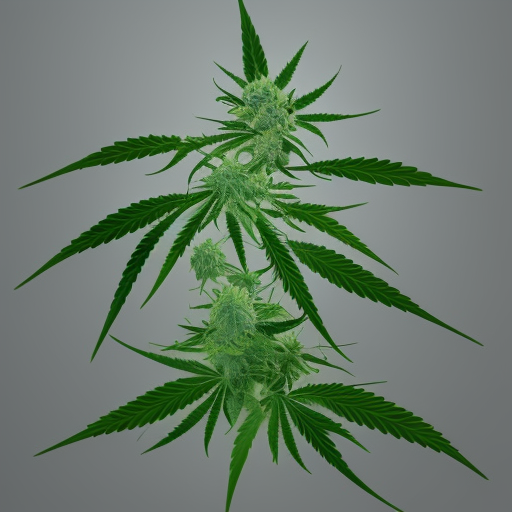
Yo, what up, it’s your boy Dan here, and today we’re talking about hemp and cotton. These two fibers have been around for thousands of years and have been used to make clothing and fabrics for just as long. But did you know that hemp farming in the United States was banned for almost 50 years? Yeah, the government put a stop to it with the Marihuana Tax Act of 1937 and the Controlled Substances Act of 1970. But now, thanks to the Hemp Farming Act of 2018, hemp is legal again in most states.
So, what’s the deal with hemp vs. cotton? Let’s break it down, fam.
Hemp has been used since the beginning of time, and it comes from the stems of the Cannabis sativa plant. It’s great for making ropes, clothing, fishing nets, paper, and its seeds are even a valuable food source. Cotton, on the other hand, comes from the seed heads of plants in the Gossypium family and has been around since 3000 B.C. Cotton is super popular and accounts for around 30-40% of the world’s fiber requirements. Manufacturers produce a crazy amount of cotton every year, like 20 million tons worldwide!
But when it comes to the environment, there are some big differences between hemp and cotton production. Cotton farming uses a ton of pesticides – like 25% of the planet’s pesticide use! That causes water pollution that can mess up habitats and biodiversity. Plus, workers who come into contact with these chemicals can get sick. Organic cotton is an option, but it needs more land to produce a lower yield and costs more at every stage of processing.
Hemp needs way fewer pesticides than cotton because it’s naturally resistant to pests and weeds don’t grow around it as much. That makes hemp more environmentally friendly than cotton.
When it comes to water requirements, cotton is super thirsty compared to hemp. Cotton needs around 10,000 liters of water to make just one kilogram of fiber, while hemp only needs around half that amount – 2123 liters per kilogram! Some areas that grow cotton have suffered droughts or even desertification because of it.
Hemp also has an advantage over cotton when it comes to land requirements. Hemp plants are tall and thin so they need less land than cotton to produce higher yields. One acre of hemp produces around 1500 pounds of fiber – three times more than what you get from cotton grown in the same space!
But we care about comfort too when it comes to clothing, right? Cotton is soft and breathable so it reduces sweating and body odor. Hemp isn’t as soft at first but it softens over time – plus, it’s four times more absorbent than cotton so it draws moisture away from your skin and keeps you warm.
Now let’s talk about durability – this is where hemp really shines. Cotton breaks down over time because it’s so soft. But hemp takes longer to ‘break in’ because its tensile strength is higher than cotton’s. Hemp won’t stretch in the same way either so you can use it for things like upholstery without worrying about ruining it.
But wait…there’s more! Hemp is so versatile – you can use it for fabric but also for animal fodder or making paper or fuel. Its seeds are packed with protein and omega-3 fatty acids which makes them great for plant-based milk or other products. And although industrial hemp only contains traces of THC, it does contain CBD which has anti-inflammatory and antioxidant properties that could help with pain, anxiety, addiction, sleep disorders, epilepsy, and more.
So there you have it – hemp vs. cotton: which one wins? For me, I’m all about that hemp life – it’s better for the environment, lasts longer, and has way more uses than cotton. So next time you’re shopping for clothes or fabrics or anything really, consider going green with some good ol’ fashioned hemp!


